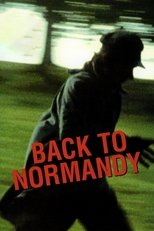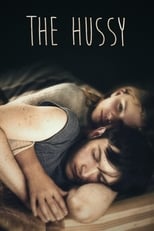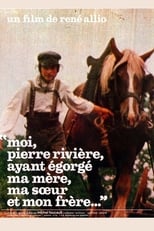

Claude Hébert
Movies for Claude Hébert...

Title: Back to Normandy
Character: Himself
Released: October 3, 2007
Type: Movie
A filmmaker returns to Normandy thirty years after a working on a movie based on a local homicide and tries to find the actors who worked on the project.


Title: The Hussy
Character: François
Released: May 23, 1979
Type: Movie
Twenty-year old misfit François earns his living by gathering boxes and bottles to resell to local shopkeepers. He lives with his grossly insensitive mother and stepfather. Mado is a gawky 11-year old, who is neglected by her family because of the oddness of the way she expresses her affection. For reasons which never become clear, François kidnaps Mado, and takes her to live with him in the attic of his parents' home. Instead of feeling fear, Mado enters into the spirit of the abduction, and they joust with one another, increasingly finding love and comfort in their relationship. When the police come upon them, however, they put an entirely different interpretation on their behavior.


Title: Civil Wars in France
Character: (segment "La semaine sanglante")
Released: March 15, 1978
Type: Movie


Title: I, Pierre Rivière, Having Slaughtered My Mother, My Sister and My Brother…
Character: Pierre Rivière
Released: October 27, 1976
Type: Movie
Based on documents compiled by leading French philosopher Michel Foucault, this unique and original film charts the gruesome events which took place in a Normandy village in 1835, when a young man, Pierre Rivière, murdered his mother, sister and brother before fleeing to the countryside. With a cast made up of real-life villagers from the area where the events took place, the detailed re-enactments and careful attention to the gestures of their ancestors serve to create an intense and sometimes disturbing atmosphere of hyper-realism. Details of the crime and of the trial that followed are told from varied perspectives, including the written confession of Pierre himself, and form a rich and complex narrative that interrogates the concepts of “truth” and “history”.
